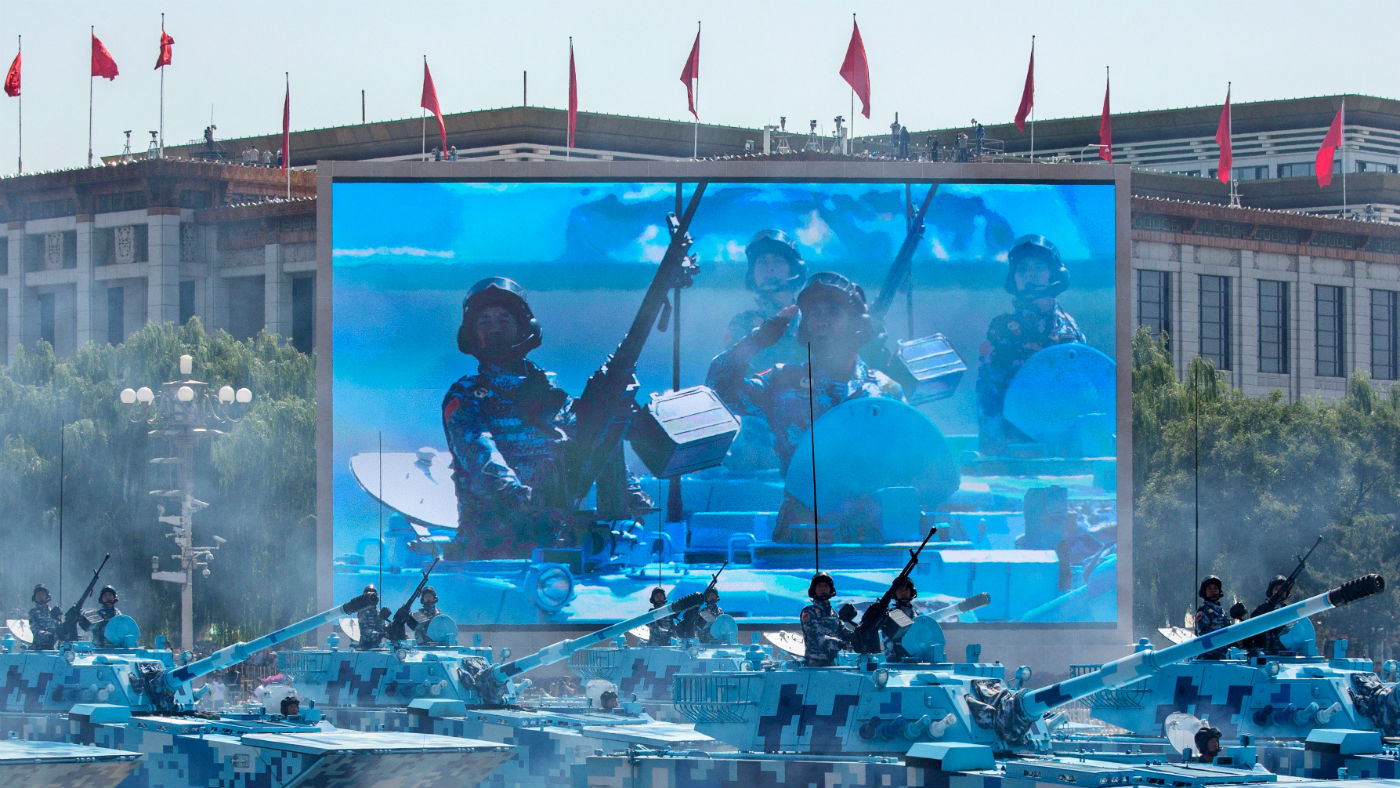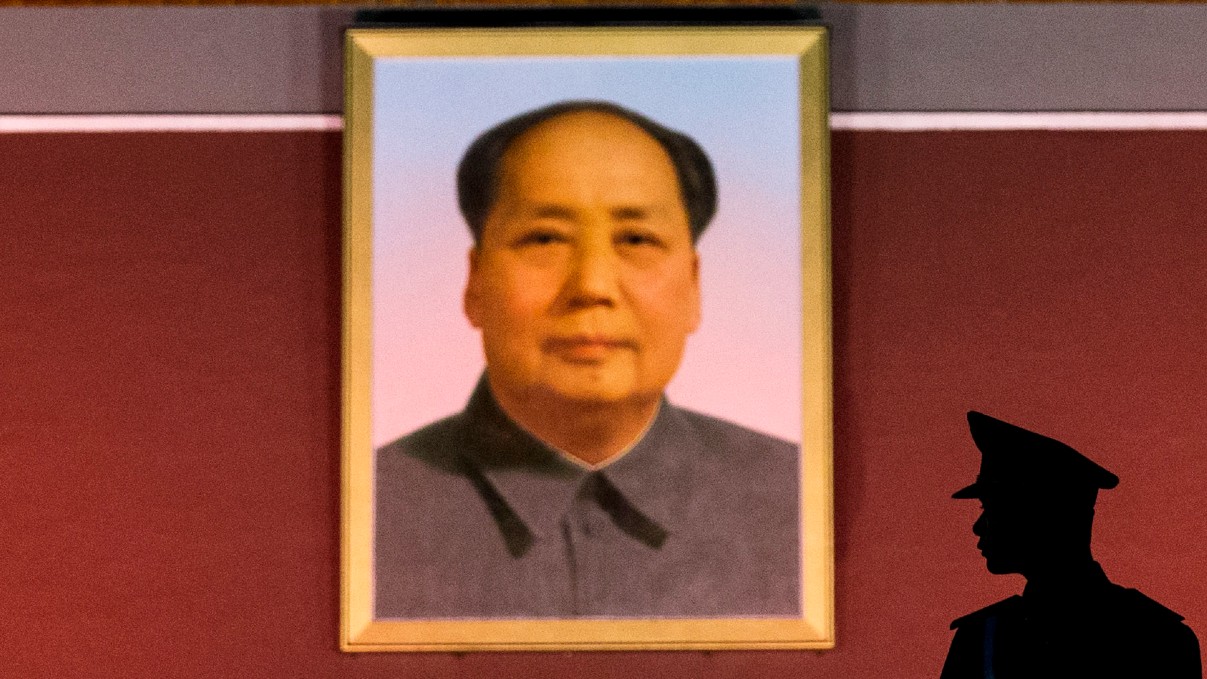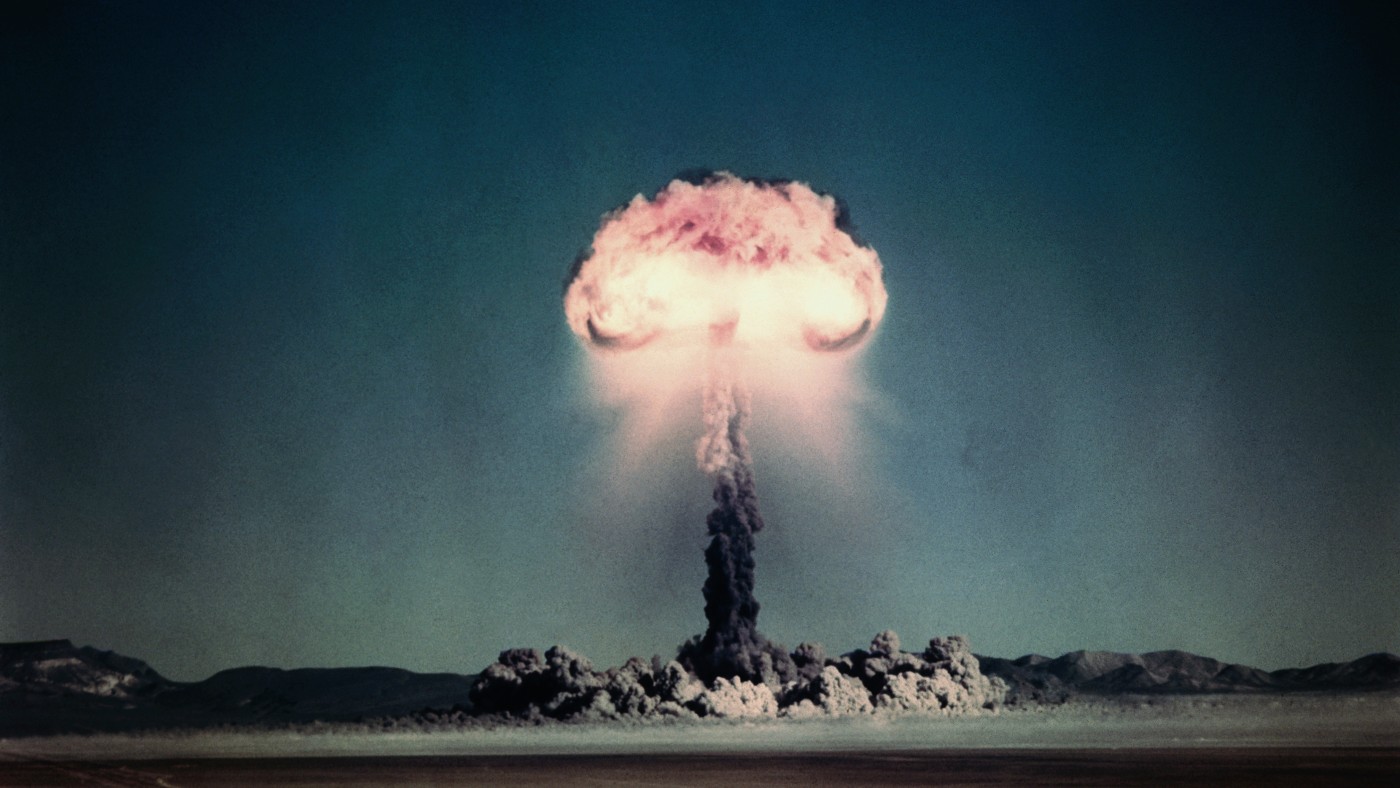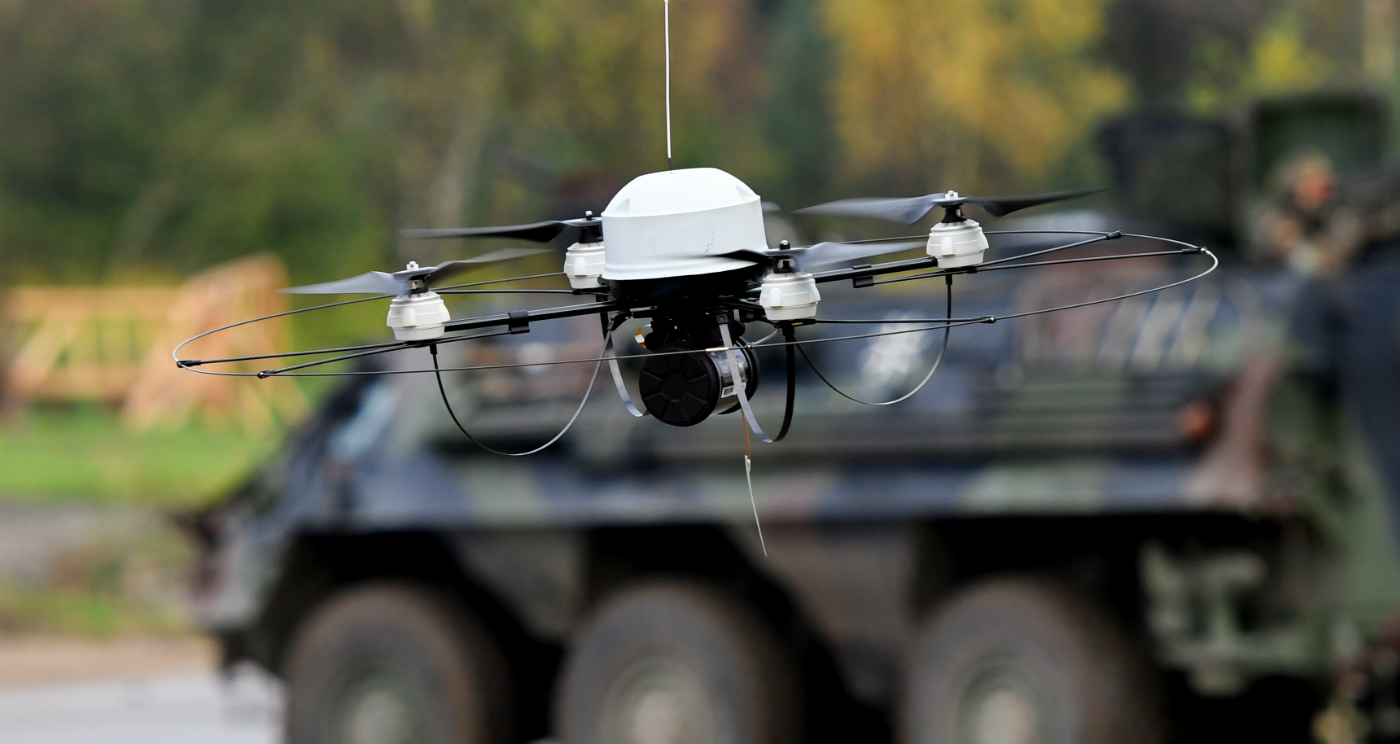US at risk of losing AI arms race to China and Russia
Strides made by Beijing and Moscow to prioritise AI development could fatally weaken US abroad, warns former defence official

A free daily email with the biggest news stories of the day – and the best features from TheWeek.com
You are now subscribed
Your newsletter sign-up was successful
The US is at risk of losing the artificial intelligence ‘arms race’ with rivals Russia and China, a former deputy US secretary of defence has said.
Sixty years after the Cold War between America and the Soviet Union ushered in a new era of ballistic missile development, Robert Work says the US is facing another “Sputnik moment” - the rapidly escalating international competition to create AI.
It is now generally accepted that advances in AI will define warfare: developing more effective training systems, improving intelligence gathering and analysis, building more advanced automated weapons and creating fully-unmanned combat operations.
The Week
Escape your echo chamber. Get the facts behind the news, plus analysis from multiple perspectives.

Sign up for The Week's Free Newsletters
From our morning news briefing to a weekly Good News Newsletter, get the best of The Week delivered directly to your inbox.
From our morning news briefing to a weekly Good News Newsletter, get the best of The Week delivered directly to your inbox.
Yet in a report published by CNN, Work warns that the US military must now decide if it wants to “lead the coming revolution, or fall victim to it”, amid emerging challenges from China and Russia.
“This stark choice will be determined by the degree to which the Department of Defense (DoD) recognises the revolutionary military potential of AI and advanced autonomous systems,” he says.
His warning follows recent moves by Russia and China to put AI development at the heart of their future military planning.
In September, Russian President Vladimir Putin said the country that takes the lead in the sphere of computer-based artificial intelligence will rule the world.
A free daily email with the biggest news stories of the day – and the best features from TheWeek.com
Russian state-media has reported the military is developing drones, vehicles, robots and cruise missiles that would be able to make decisions on their own.
China has gone even further, publishing a detailed road map outlining a national plan to prioritise the application of AI and lead the world in new technology by directly linking defence and commercial development.
While there has been some effort by the DoD to collaborate with Silicon Valley, a truly public-private push to drive AI development remains some way off, meaning the US risks falling further behind its international rivals.
-
 Political cartoons for February 16
Political cartoons for February 16Cartoons Monday’s political cartoons include President's Day, a valentine from the Epstein files, and more
-
 Regent Hong Kong: a tranquil haven with a prime waterfront spot
Regent Hong Kong: a tranquil haven with a prime waterfront spotThe Week Recommends The trendy hotel recently underwent an extensive two-year revamp
-
 The problem with diagnosing profound autism
The problem with diagnosing profound autismThe Explainer Experts are reconsidering the idea of autism as a spectrum, which could impact diagnoses and policy making for the condition
-
 China's vast intelligence network
China's vast intelligence networkThe Explainer Cyber capabilities and old-fashioned human intelligence operate in 'fundamentally different way from those in the West—in nature, scope, and scale'
-
 How likely is an accidental nuclear incident?
How likely is an accidental nuclear incident?The Explainer Artificial intelligence, secret enemy tests or false alarms could trigger inadvertent launch or detonation
-
 Britain’s biggest security threats laid bare
Britain’s biggest security threats laid bareIn Depth In Depth: terrorism, cyber-attacks and killer robots are looming problems